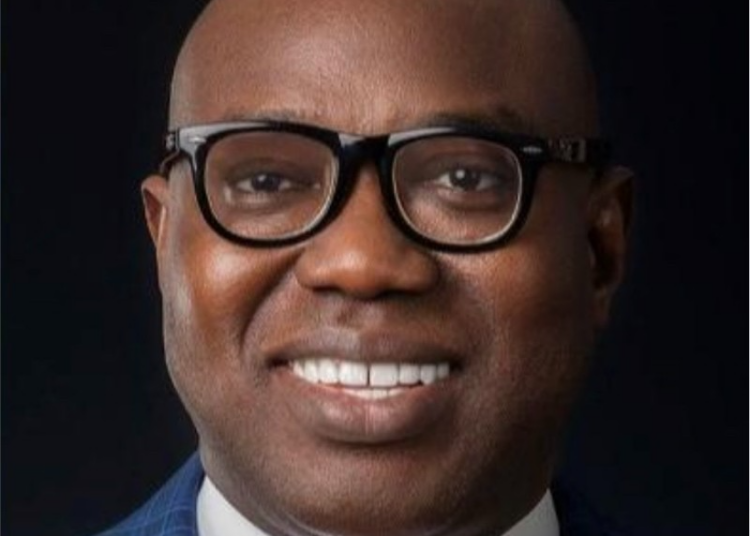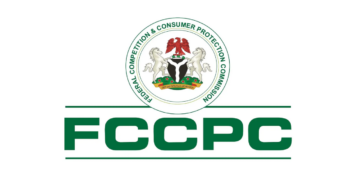Despite the CBN’s cashless policy, a lot of businesses in the informal sector have struggled. How can Nigeria go cashless and navigate its huge informal market?
The cashless policy is good, the benefits are numerous and will provide faster economic growth. However, it is important that the policies are right, and the implementations properly executed. To achieve a smooth transition into a cashless payment system, all stakeholders must be involved – there must be representations from different stake-holding concerns – banks, digital payment companies, telecommunication companies, government sectors/parastatals, manufacturing sector, retail business sector, representatives from rural areas, etc.
There has to be an assessment of the needs of each of the pressure groups – for example, the needs in the rural areas will be different from the urban, and the needs in the eastern part of the country might be different from that of the North. The needs for infrastructure on the bank side might be different from that of the digital payment companies etc.
There is need for collaboration and partnerships – The policies must be jointly reviewed and drafted by the critical stakeholders bearing in mind the needs and resource requirements of various interest groups. The plan should involve a process of ensuring proper education and awareness of the policies across different regions in the country depending on the identified needs. There is also the need to conduct a review of existing infrastructure to ensure adequacy before the policies take effect. It’s also important that the stakeholders have enough time to ensure that adequate resources are provided in terms of infrastructure and human support. Then, there should be a continuous process of reviewing the impact of the policies and improvements where necessary.
The Nigeria Inter-Banking Settlement Systems in January this year said there was a 125 percent increase in the volume of mobile transactions compared to the same period last year. What is the implication of this for a country struggling to go cashless?
The recent spike in the volume of mobile-based transactions among other things shows that Nigeria is ready and ripe for cash-less-based transactions, though the appropriate term and realistic expectation at this time should be “cash lite”.
However, while the populace is ready to adopt these solutions, we realized that Nigeria’s current banking and digital payment infrastructure is inadequate to cater to the expected growth in the volume of digital/electronic-based transactions. While we are right to celebrate an increase as significant as 125 per cent, the failures recorded show that we could have achieved more.
So, the major implications are that we are ready to adopt cashless initiatives, but all the needed infrastructure must be in place. It is also important that all the necessary stakeholders are well-represented, informed, and involved in all the processes leading to any new policy on the cashless drive.
Nigeria recently launched its domestic card project. How will this impact the payment landscape?
The impact is going to be largely dependent on adequate education of the populace about the card scheme and what it represents for them and the country; ensuring that all stakeholders’ interests are adequately captured in order to ensure adoption. For instance, banks will not drive this new scheme if it makes them lose their customers or generate less revenue compared to existing card schemes.
Ensuring ease of access and ease of use; Ensuring affordable pricing – affordable is subjective but a survey can give an idea of what will be considered comfortable to the adopters and users. When all of these are in place, we will have a card scheme that can compete with any other domestic or international brands worldwide. We will have a scheme that will help with our balance of trade and exchange, especially when used for foreign-based transactions. It will help break the current monopoly enjoyed by existing card schemes and drive down the cost of acquiring and using the cards.
Despite the huge number of service providers in Nigeria’s financial technology and digital payments space, a lot of financial exchanges are still done via cash, what do you think is responsible for this low rate of adoption? And how is your company planning to enhance digital transactions?
Financial transactions are still done via cash and preferred by some persons due to factors such as poor digital infrastructure, poor internet availability and connectivity, lack of robust digital payment interface, lack of ICT knowledge, non-availability of ICT, fear of online fraud, cost of internet, unreliable networks, ICT phobia, and poor banking habits.
At Routepay, we are intent on enhancing connections in the payment space, providing solutions and infrastructure that will make payment possible and available without hassles, and driving digital payment transformation in a changing and demanding world thereby building more trust in digital payments confidence and usability. We will engage the digital space with our omnichannel products and services and ensure that all demography is served. We have deployed solutions that address various concerns and pain points in the industry.





